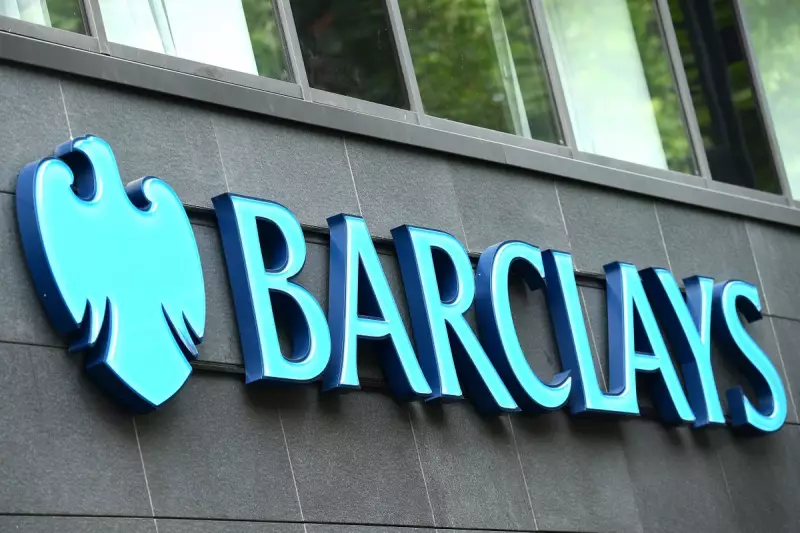
Chancellor Rachel Reeves has launched a blistering attack on Barclays bank over its controversial decision to remove cash services from London Underground ticket offices, labelling the move "completely unacceptable" in a stark warning to the financial sector.
The newly appointed Labour Chancellor revealed she has summoned Barclays executives for urgent talks following the bank's announcement that it would cease handling cash transactions at Tube station ticket offices. The decision threatens to leave thousands of Londoners, particularly elderly and vulnerable passengers, without access to essential banking services.
'This cannot be allowed to stand', Reeves told The Independent, emphasising that the government would not stand by while major banks abandon their social responsibilities. "Access to cash remains vital for millions of people across this country, especially those who are not digitally enabled or who rely on physical currency for their daily budgeting", she stated.
The confrontation marks one of the first major clashes between Reeves' Treasury and the banking sector since Labour took power. It signals a more interventionist approach to financial services regulation, with the Chancellor making clear that banks must maintain physical cash services alongside digital offerings.
Barclays' decision affects numerous Underground stations across the capital, where ticket offices have long served as informal banking hubs for communities. The bank justified the move citing declining cash usage, but critics argue it disproportionately impacts those who depend on physical currency.
Reeves' intervention comes amid growing concerns about the rapid transition towards a cashless society. Financial experts warn that without government action, entire communities could be left behind as banks continue to reduce their physical presence.
The Chancellor's强硬 stance has been welcomed by consumer advocacy groups and London MPs who have been campaigning against banking desertification in the capital. Many see this as a test case for how the new government will handle corporate decisions that conflict with social inclusion objectives.
With face-to-face meetings between Treasury officials and Barclays management scheduled for this week, all eyes will be on whether Britain's second-largest bank will reverse its decision under government pressure.





